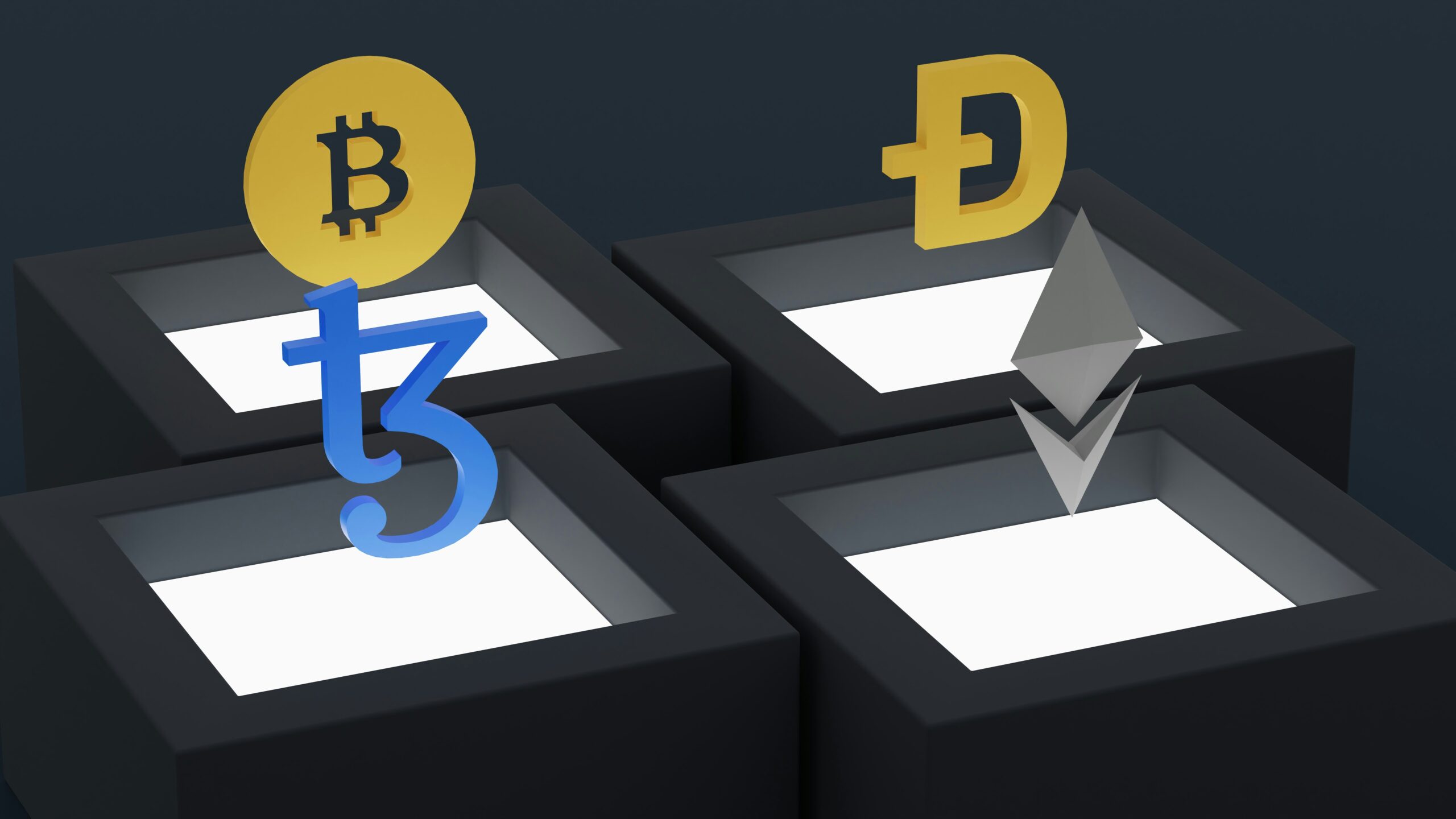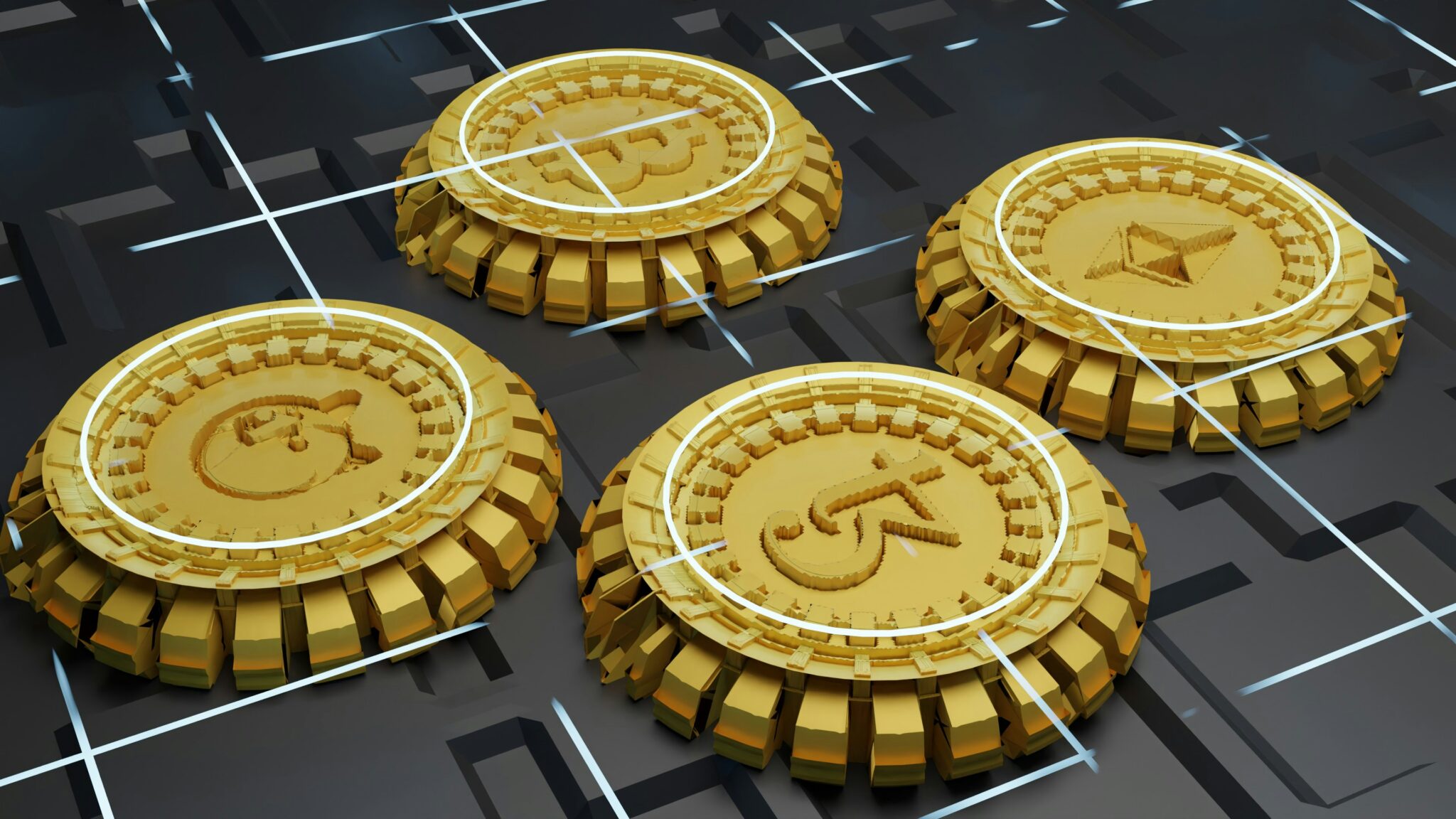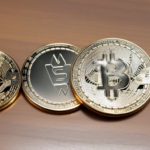According to news sources, Coinbase Chief Legal Officer Paul Grewal has lately talked about the issues with the U.S. Securities and Exchange Commission’s (SEC) proposal of change in rules, which allegedly aspire to put decentralized exchanges (DEXs) under the agency’s regulatory framework. In a deliberate letter, Grewal stated that the SEC’s expansion of the term “exchange” with respect to the new rule is not right and said that the Commission should build the regulations framework from square one.
Critiques of the Proposed Rule for Decentralized Exchanges
In the beginning, the proposed rule was allegedly brought about in January 2022 and was opened again for comments in April when the regulation expanded to bring decentralized exchanges under it as well. Grewal and experts state that this would coerce decentralized operations to work as substitute trading systems with the SEC. Several stakeholders like the crypto industry enthusiasts, lawmakers, and conventional exchanges such as Nasdaq, have given multiple comment letters as an answer to the proposed ruling.
Grewal’s letter allegedly emphasized the lack of a pragmatic approach in applying the current registration and disclosure requirements to decentralized ones as they were only designed for conventional, centralized infrastructures. He stated, “Among other issues, DEXs cannot comply with registration and disclosure requirements designed for legacy financial exchanges managed by centralized companies.”

Even if DEXs were somehow able to comply, Grewal argued about the SEC’s plan for permitting registered DEXs to enable and support digital asset trading under present rules.
Additionally, SEC Chair Gary Gensler has persistently stated that crypto platforms should register with the SEC, considering most cryptocurrencies as securities. In an April 2023 statement, Gensler reinstated that most trading platforms align with the exchange definition, “whether they call themselves centralized or decentralized.” The SEC’s proposal includes charging Coinbase for unregistered exchange operations and producing a Wells notice to Uniswap Labs, developers of the Uniswap decentralized exchange.
Cost Implications for Decentralized Exchanges
According to Grewal, decentralized exchanges undergo significant compliance costs in deciding which digital assets will be termed as securities. The financial and operational load on these platforms could be huge if the SEC’s proposed rules are transformed into crypto reality.
Furthermore, according to news sources, Grewal’s letter also talked about the U.S. Supreme Court’s June verdict that proved the Chevron doctrine obsolete. This doctrine, brought in the 1984 Supreme Court case Chevron U.S.A., Inc. v. Natural Resources Defense Council, Inc., asked courts to defer to a federal agency’s interpretation of vague laws. Grewal argued, “The recent demise of Chevron deference only underscores how unlikely it is that reviewing courts will agree with the Commission’s sweeping attempt to stretch the Exchange Act’s key terms far beyond their original meaning.”
He indicated that without Chevron’s deference, courts might not be able to back the SEC’s far-fetched reinterpretation of the Exchange Act.
The commotion about the SEC’s regulation changes demonstrates the rapidly changing regulatory arena for decentralized exchanges. As the SEC asks for more austere control, decentralized platforms are getting ready for a probable impending move in compliance and operational environments. The result of this regulatory discussion will hugely affect the future operations and functionality of decentralized exchanges in the United States.

Summary
To conclude, the SEC’s proposed regulation to revamp exchanges to include decentralized platforms has ignited massive arguments in the industry. Paul Grewal from Coinbase has dominated the commotion against the proposal, talking about reservations concerning compliance viability and potential overreach. As the legal and regulatory frameworks for digital assets evolve ahead, the outcome of this issue will be significant in designing the crypto industry’s future with regulations and rules.










